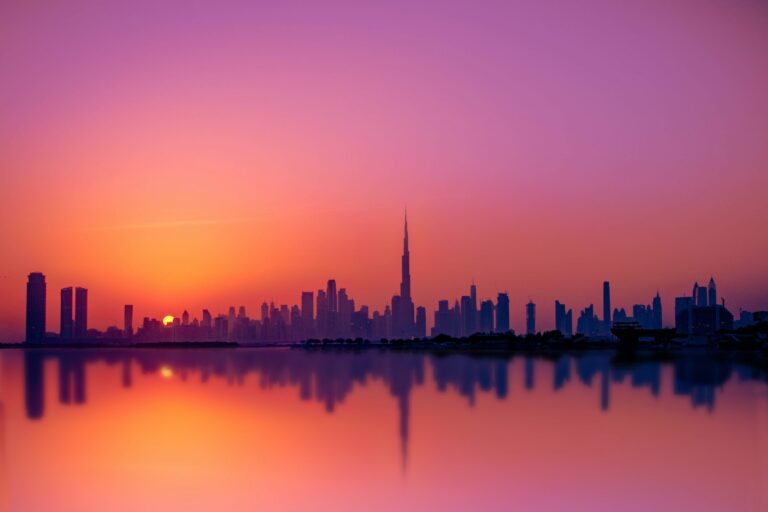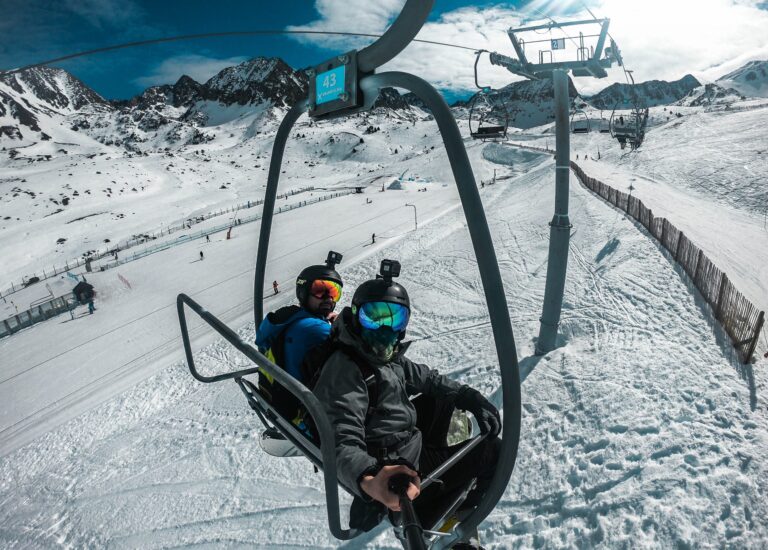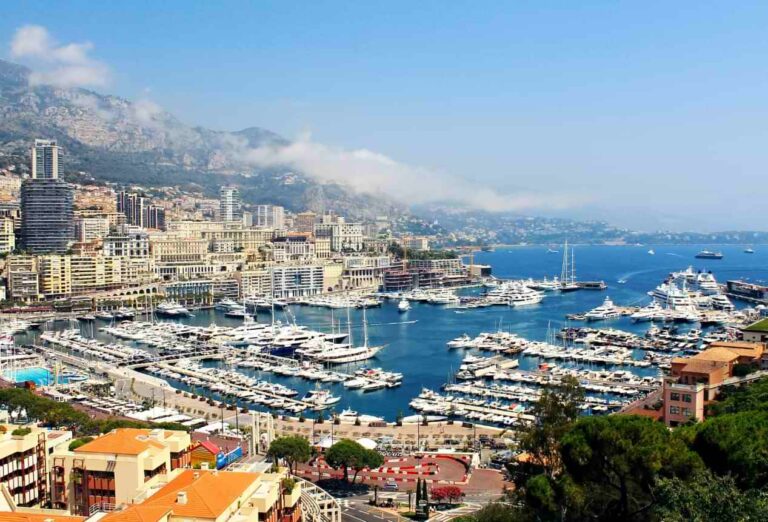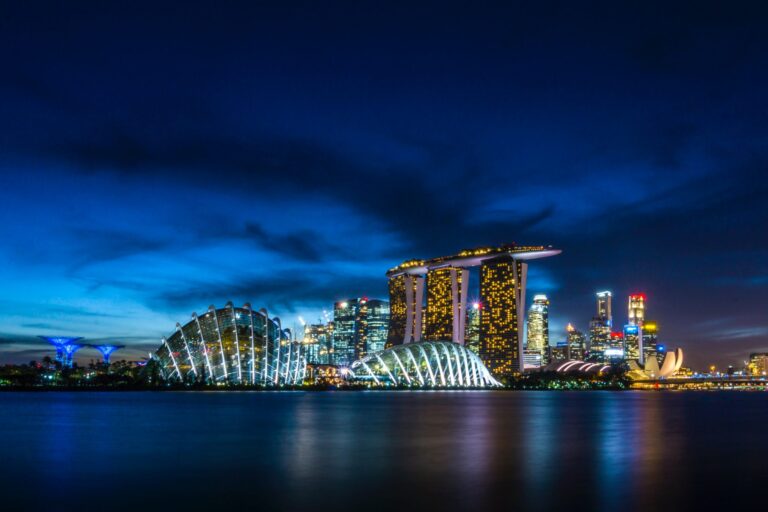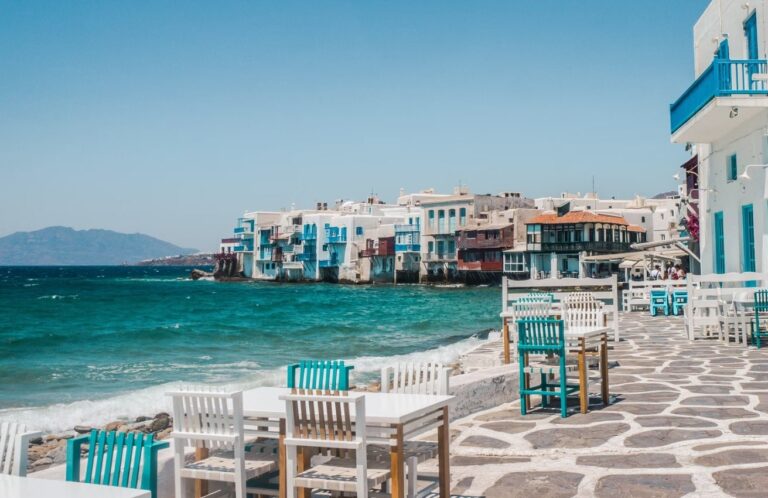Are you wondering how you can get residency in the fabulous Monaco? The answer lies within the Monaco Residency by Investment Program, your ticket to a residence permit in the principality.
Getting the residency would allow you to enjoy many advantages, like visa-free travel within the EU Schengen area; no income, wealth, or capital gains taxes; a secure and attractive environment; and access to excellent education, health, and cultural facilities.
Here we address the key elements of the Monaco residence by investment.
Conditions for the Investment Residency in Monaco
Unlike in other countries, Monaco does not have a Golden Visa as such: Monaco’s laws do not automatically award residence permits solely based on local investments such as real estate or business ventures.
Making any form of direct investment in Monaco does not guarantee that an applicant will obtain a residence permit. However, as we will discuss further, a local investment could play a supportive role in the residency application process.
Every applicant seeking residency must demonstrate adequate financial resources to support themselves in Monaco. The available methods are as follows:
- The applicant opens a bank account in Monaco with a deposit, typically requiring a minimum of €500,000-1,000,000 as per the local banking standards.
- The applicant is employed or conducts their own business in Monaco.
- The applicant serves as an (executive) director of a Monaco-based company, such as one founded and managed by the applicant. Monaco’s diverse corporate structures cater to a broad spectrum of business and wealth management opportunities.
- The applicant is a retiree with adequate income from pensions and personal savings.
- The applicant receives financial support from another individual residing in Monaco, which can include parents and other family members, a spouse, or a domestic partner.
Hence, under the current ways to demonstrate adequate financial resources, investing in Monaco’s real estate or starting a business via a local entity could serve to generate ongoing income. This, in turn, could substantiate the necessary financial means for residing in Monaco, whether, for instance, as a company director or as a self-employed person engaging in local economic activities or investments.
For those contemplating an investment or operating in the Monaco’s real estate sector, it is important to note that property prices begin at €500,000 and can climb much higher. Monaco’s real estate market continues to be the priciest globally, with the cost per square meter in prime locations ranging between €50,000 and €100,000.
Beyond the steep cost per square meter, acquiring property also entails various tangible expenses, such as:
- Registration and notary fees typically amounting to 4.5% of the property’s purchase price.
- The agent’s commission is usually set at 3% of the property’s purchase price.
- A standard initial deposit to secure the property is often 10% of the purchase price.
- Legal fees for handling documentation and due diligence can range from 2% to 4% of the purchase price.
Any interested person should be aware that certain expenses, such as those for agents and lawyers, will be subject to Value Added Tax (VAT), which applies at the rate of 20%.
In parallel, the Monaco rental sector has seen a significant upswing in 2023 and 2024. While rental costs vary by neighborhood, engaging in property leasing could establish a steady stream of income, thereby meeting the financial requirements for residency in Monaco. For example, monthly rents range:
- From €4,200 to €30,000 in the Monte-Carlo / Carré d’Or area
- From €2,000 to €25,000 in Larvotto / La Rousse
- From €2,300 to €26,000 in Fontvieille
Conversely, obtaining residency through investment in Monaco does not necessitate demonstrating a certain level of education or professional experience.
Who can benefit from the residency by investment?
The residency permit extends to the applicant, their financially dependent children, and their spouse. However, it does not include children under 16 years of age; these minors are eligible to apply for a specific document known as the ‘document de circulation pour mineur étranger.’
It is important to be aware that the applicant’s parents and other direct ancestors are not covered by the residency permit.
Duration of the residence permit
Durations depend on the type of residence permit:
- The Temporary Residence Card, which has a 1-year validity and can be renewed two times.
- The Ordinary Residence Card, which is valid for 3 years and can also be renewed two times.
- The Privileged Residence Card, which comes with a 10-year validity and can be renewed indefinitely.
To be eligible for the Privileged Permit, an applicant must first obtain and fully utilize the Temporary and Ordinary Residence Permits.
Steps and requirements to get the residence
Main article: Monaco tax residency requirements
The procedure for applying for residency in Monaco differs based on the applicant’s citizenship:
- EU/EEA/Swiss nationals have the convenience of applying directly for a Monaco residence permit, bypassing the need for a long-term visa.
- Non-EU/EEA/Swiss citizens face a more complex process, which initially requires securing a long-term visa (type-D).
Typically, the documents needed for the residency application include:
- A completed application form with a photograph, along with documents verifying adherence to Monaco’s investment requirements.
- Evidence of accommodation in Monaco, which, for those obtaining residency through investment, necessitates either:
- A property title confirming ownership of a residence in Monaco; or
- Documentation proving directorship or shareholding in a company that owns property in Monaco.
- Documentation of financial self-sufficiency, affirming that the applicant possesses adequate financial means. Refer to the previously mentioned methods for demonstrating financial capacity.
- Additional standard documents such as a copy of the passport, photographs, birth certificate, health examination, and insurance, among others, will also be required throughout the application process.
Benefits as a resident in Monaco
Monaco boasts exceptional educational and cultural standards. Furthermore, the principality provides attractive financial and economic advantages, supported by its strong fiscal stability and rigorous budgetary control. It goes without saying that holding a residency permit also grants the holder the right to seek employment within Monaco.
Foreign individuals seeking residency in Monaco through investment can also look forward to a variety of other advantages, including:
- A secure and reliable environment for establishing and managing a business.
- Unrestricted travel within the Schengen area.
- A favorable and attractive social and taxation framework.
- A strategic geographic position accessible by air and road.
- A consistent and dependable political climate.
Would a resident be taxed in Monaco?
Main article: Taxes for foreigners in Monaco
Gaining residency in Monaco brings an individual under the scope of Monaco’s tax regulations. Nevertheless, this does not entail the payment of income or capital gains taxes, as Monaco does not levy any direct taxes on its residents.
At Relocate & Save we have been helping foreigners moving to Monaco and getting the resident permit in the Principality.
Our presence and contacts in Monaco make us an ideal travel partner for this arduous task. So if you have questions about Monaco and would like us to help you with the process, please write to us at [email protected].


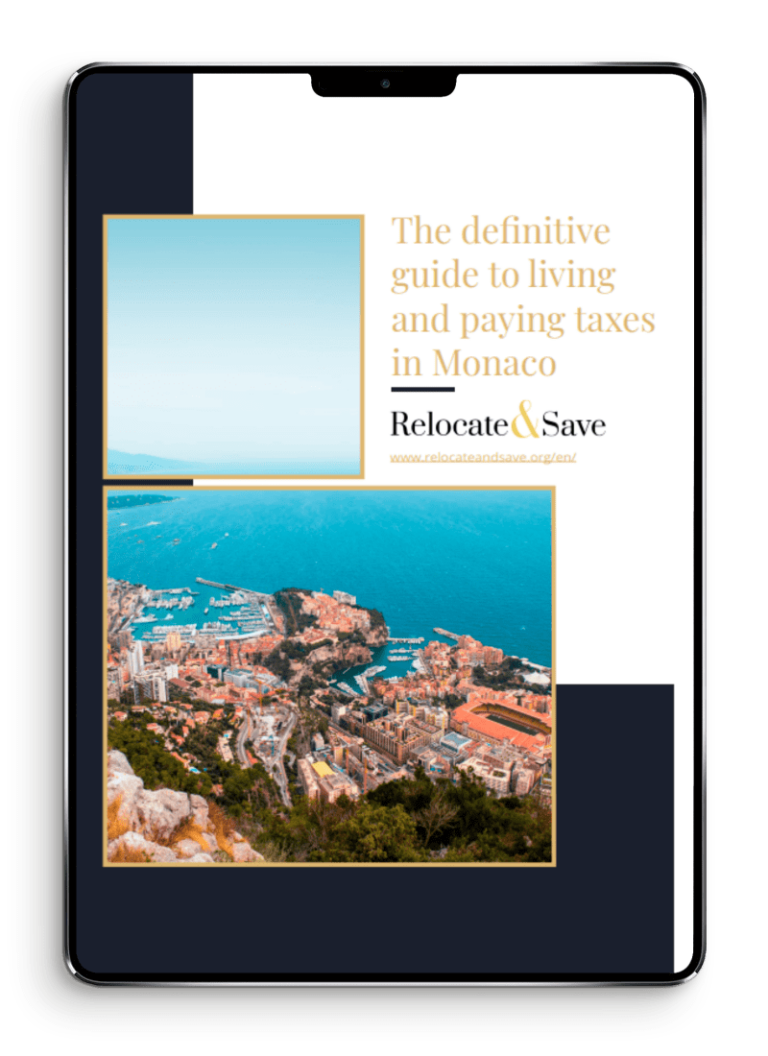
 All communications are encrypted and will be treated with absolute confidentiality. Your data will never be shared with third parties.
All communications are encrypted and will be treated with absolute confidentiality. Your data will never be shared with third parties. 
